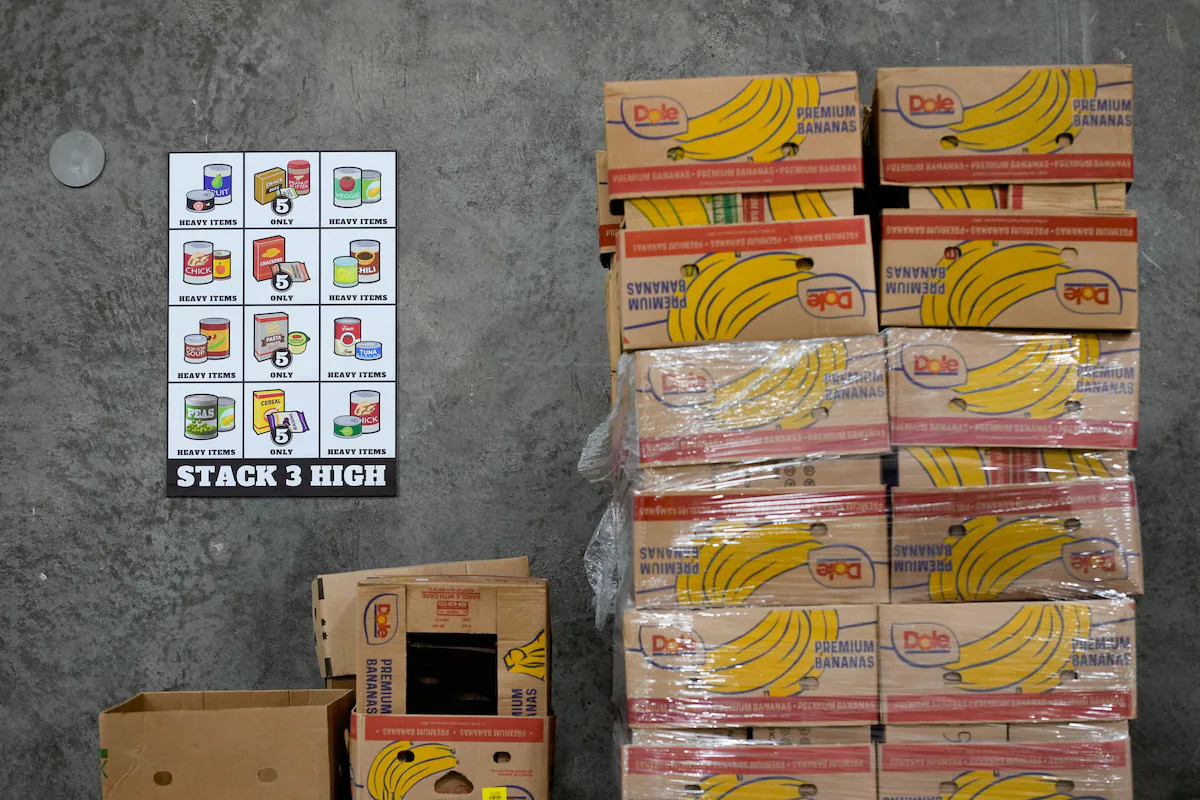
Nasser Sharareh knows what it’s like to be food insecure as a newcomer to the United States.
Arriving from Iran as a student in 2014, he wasn’t eligible to use federal food programs, and he was unaware of community support systems that might have been able to help him access nutritional food.
Now a U.S. citizen and a research assistant professor of population health sciences at the University of Utah with a doctorate in industrial and systems engineering, Sharareh has recently authored a study he called “shocking,” showing the struggles refugees in Utah face with food insecurity, when they are most at risk — and how refugees said they could best be helped.
But even with the newfound information, Sharareh said he is concerned that recent federal changes to supplemental nutrition assistance program, or SNAP, eligibility will eliminate a key safeguard that once protected and helped many of Utah’s refugees, raising the risks that they may become food insecure.
Refugees’ risk of food insecurity
Ahead of the study, researchers recognized economic hardship and a lack of information about food availability as factors that can lead refugees to food insecurity. The researchers wanted to further pinpoint the specific situations where refugees risk becoming food insecure, according to the study.
Sharareh worked with other researchers who conducted 36 interviews in four different languages with refugees between July and September 2024. In that data, he found food insecurity is an elevated risk for refugees when:
• They get a job and earn too much to qualify for programs.
• They must renew their SNAP benefits.
• They no longer receive assistance from a caseworker.
• Their household expenses and income change.
In many cases, Sharareh said the fall into food insecurity is sudden, as language barriers prevent refugees from understanding any notice they might receive about expiring SNAP benefits. Also, many jobs that take refugees above the qualifying threshold for SNAP benefits could be temporary, sending them back to square one without assistance to apply for SNAP when they can no longer rely on that income.
“Food insecurity and hunger are two relevant but distinct concepts,” he said. “When you don’t have enough money to afford food, you start developing some unhealthy coping strategies, like eating more fatty foods or more foods that are high in carbs.”
The resulting low-variety diet, combined with worry over where someone will find their next meal, can lead to several unhealthy outcomes, according to Sharareh — including depression, anxiety and diet-related diseases like hypertension.
“Back in the day, I remember I was eating a potato and beans for six days in a row,” Sharareh said. “That doesn’t give you the nutrition that your body needs.”
Steps to help refugees
To help mitigate food insecurity, interviewers found refugees wanted help overcoming language barriers. They also want someone who could check on them, more information about how to address unmet needs, more SNAP benefits and gardens, according to the study.
Sharareh said his own journey through food insecurity might have been a bit smoother had he known of community resources.
“If I knew I could use food pantries, or if I knew there are other community supports out there, my experience probably would have been easier,” he said.
He added that people can also help by remembering the refugees in their area, and recognizing their experience is often an isolating one — without friends or family members in this country.
Further risks brought by Trump’s budget bill
Sharareh said he feels education is paramount in battling food insecurity among refugees — and, he added, he believes the problem will only get worse as refugees lose access to SNAP. Some refugees, he said, get all of their food through the program.
“The more severe problem is that the refugees were eligible for SNAP,” he said. “That policy’s going to change, and, unfortunately, they’re not going to be able to use SNAP anymore in a few months. That’s going to have a catastrophic impact on their health and lives.”
Even if the federal government prevents more refugees from entering the U.S., Sharareh said he hopes officials remember the refugees already in the country on the path to citizenship who rely on governmental assistance to get by.



